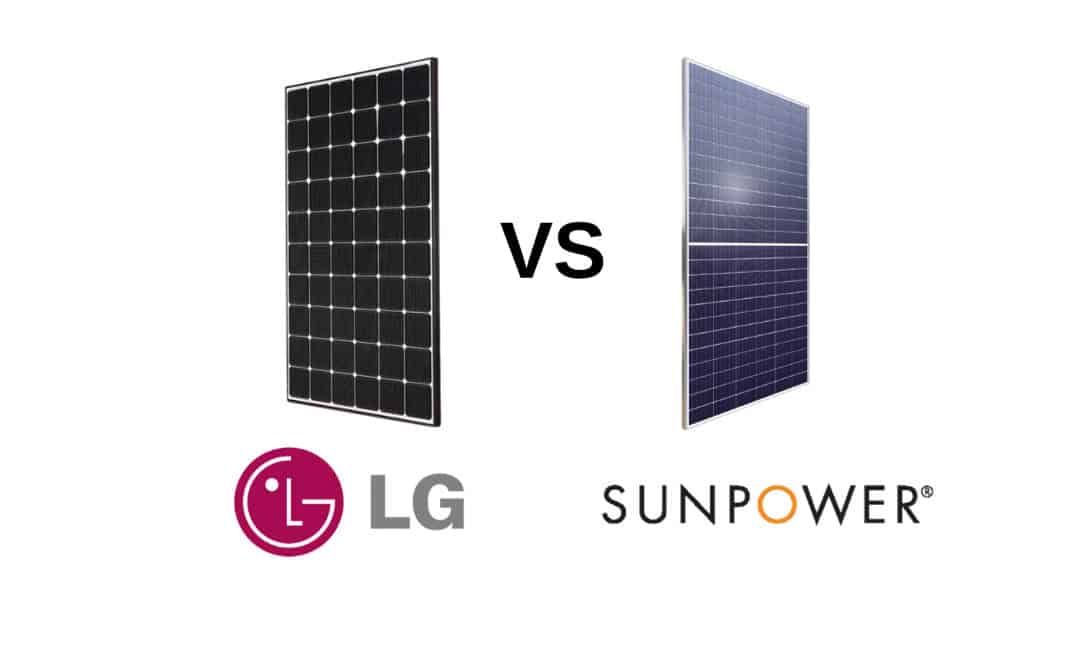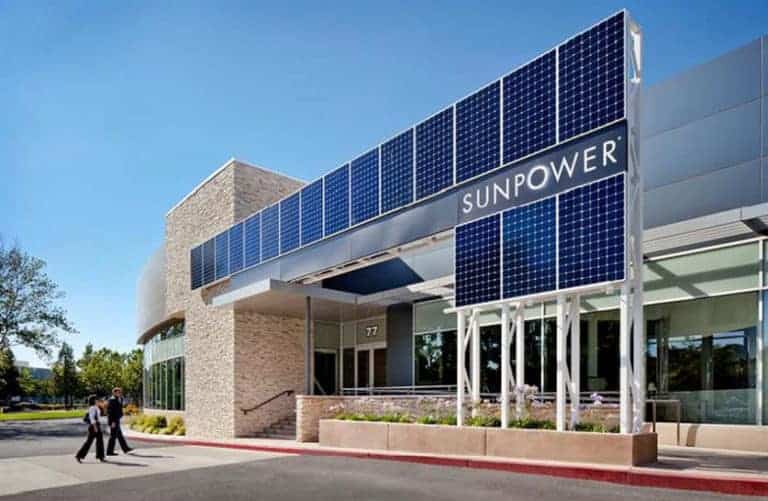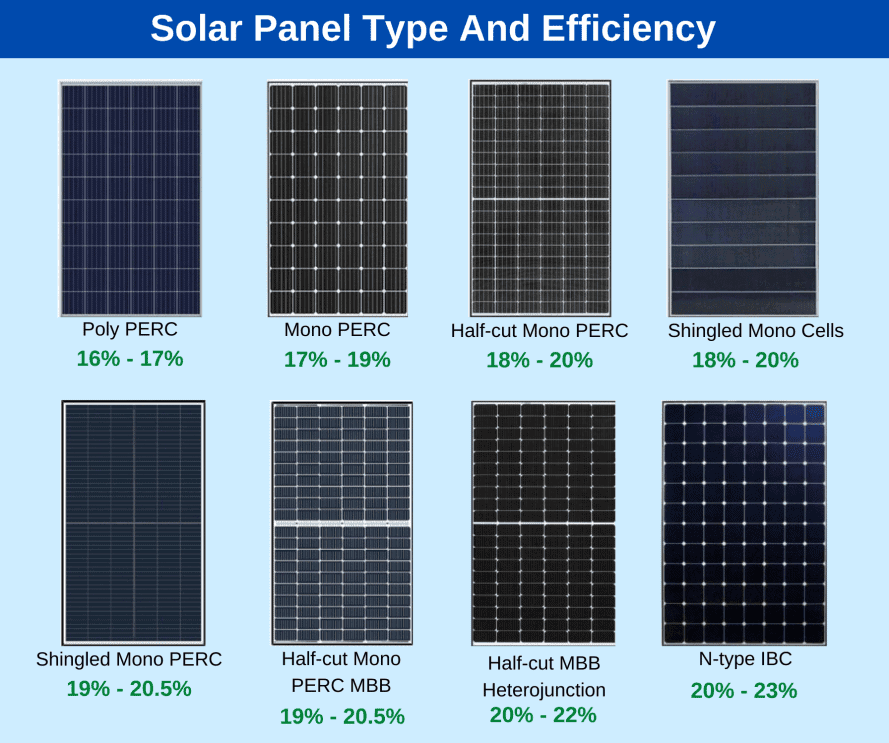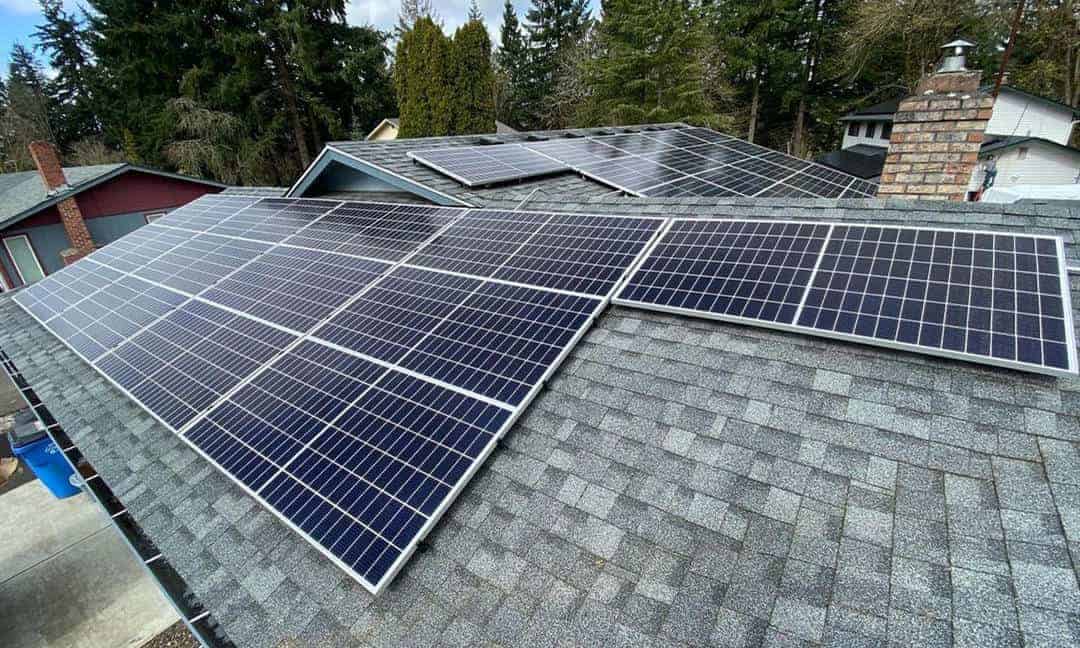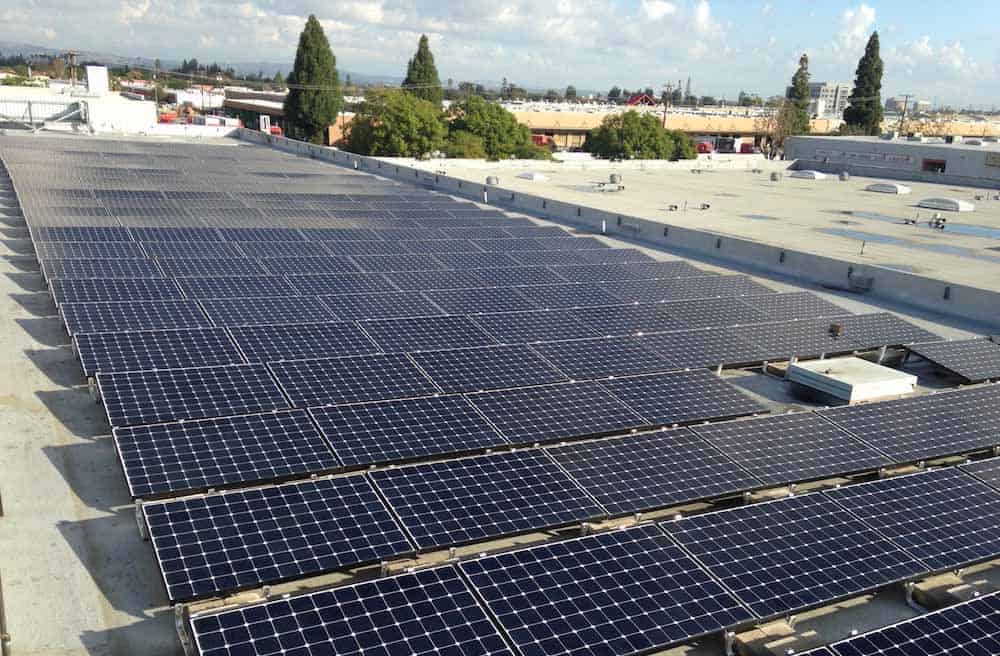LG and Sunpower are the USA’s market-leading solar panel manufacturers. They both make an extensive range of home solar panels using the latest technology to help homeowners generate home solar electricity and cut down on their mains electricity costs.
But which of these companies is the best? Does LG or Sunpower make the best solar panels? You’ll know the answer once you’ve read through this guide to the two companies and their products. And then you’ll have all the information you need to make your choice between LG versus Sunpower solar panels.
Who is LG?
LG Electronics is a multinational electronics company that originated in South Korea in 1958. The company began as Goldstar and specialized in the production of consumer electronics and home appliances. They specialize in products like TVs, radios, washing machines, refrigerators.
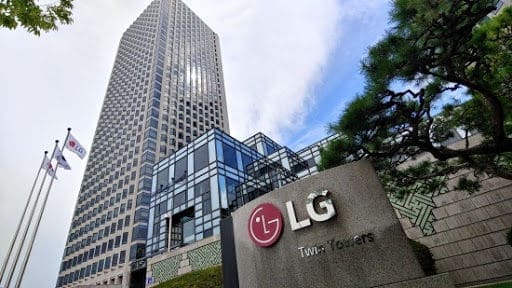
These days LG is one of the top world corporations, employing more than 84,000 people worldwide. The company continues to specialize in consumer electronics. Still, it has branched out into technologies such as solar panels, where their technological advances are driven by the might of their enormous research development capabilities.
Who is Sunpower?
In many ways, LG and Sunpower couldn’t be more different. Where LG is an enormous international electronics conglomerate. Sunpower is a homegrown company specializing in solar power.
Sunpower was founded in the 1970s by Dr. Richard Swanson, a professor of electrical engineering at Stanford University. As a leading solar energy scientist, he received grants from the Electric Power Research Institute and the US Department of Energy to further his research. In 1997, SunPower’s groundbreaking technology was used to power NASA’s Pathfinder rover.
Sunpower continued at the leading edge of solar cell technology and in 2008 produced a silicon solar cell with a world record efficiency of 23.4%. With these improvements in efficiency, Sunpower became a major manufacturer of home solar technology, making their billionth solar cell in 2014.
These days Sunpower is a NASDAQ listed company producing powerful and highly efficient solar panels for the world market.
Which of these companies is most successful?
The reason for these potted biographies of LG and Sunpower is to establish their place in the market and assess whether you can expect them to be around in the future. Why?
Both these manufacturers sell solar panels with twenty-five-year warranties. But a warranty is only as reliable as the company that offers it. If either company goes out of business, then that effectively nullifies your warranty. You need to be sure you’re buying from a lasting business.
It seems that Sunpower is going from strength to strength, and they aren’t going to stop selling solar panels any time soon since it’s their primary business. Equally, a company the size of LG doesn’t disappear overnight. What they might do, though, is stop producing solar panels one day, just as they are planning to do with their mobile phone operation.
Given that home solar is a relatively new industry with enormous potential for expansion, I think that you can be very confident that both of these companies are here for the long term. If I had to pick one over the other in terms of long-term prospects, I would choose Sunpower simply because they specialize in solar technology.
How do you know if a solar panel is any good?
I’ll quickly take you through some of the measures we use to work out the efficiency and energy production of solar panels.
Wattage
all solar panels are tested under laboratory conditions and given a wattage that rates their energy production under ideal conditions. If you buy a 350-watt panel, that doesn’t mean it will produce that much power all the time, but different power ratings are an excellent way to compare solar panels.
Efficiency
Much is made of solar panel efficiency, and it’s important. Efficiency is a measure of what percentage of the sun’s light a particular solar panel can convert into electricity. More efficient panels can produce more electricity per unit area than less efficient ones.
But, importantly, less efficient solar panels can still produce a high wattage if they are large enough. If you have plenty of space for your home solar panel installation, then don’t fall into the trap of valuing expensive, highly efficient panels over larger, cheaper panels that produce the same amount of electricity.
Twenty-five-year output
when you check the warranty of your solar panels, you will see that it guarantee a performance level after twenty-five years. This performance is measured as a percentage of its as-new power output. This number is an excellent measure of solar panel quality since it is effectively the manufacturer’s best guess of their product’s durability.
The higher the warrantied twenty-five-year percentage, the better the product.
Temperature coefficient
the temperature coefficient of a solar panel tells you how much heat impairs its performance. Solar panels are designed to operate optimally at temperatures up to 25°C or 77°F. The temperature coefficient tells you by what percentage performance reduces for every degree centigrade above this temperature.
| Measurement | Example | What it means |
| Size | 1558mm x 1048mm x 46 mm | Panel height, length and depth |
| Watts Per Square Meter | 200 | The panel produces 200 W of energy per square meter |
| Wattage | 350W | The panel can produce 350 Watts of power |
| Efficiency | 21% | The panel can convert 21% of solar light energy into electricity |
| Twenty-five-year output | 91% | After twenty-five years, the panel is guaranteed to produce 91% of its starting power |
| Temperature coefficient | -0.4%/°C | The panel’s performance goes down by 0.4% for every degree Celsius above twenty-five |
What products do these companies sell?
LG offers a range of domestic solar panels, including the NeON series and the NeON R series, in a few variations. The NeON is a powerful panel producing 355-375 W from sixty solar cells at an impressive efficiency of 21.7%
The Neon 2 is a more affordable solar panel with a lower but still impressive efficiency of 19.8%, producing 350-365W in their sixty-panel models.
Sunpower’s X series is their flagship solar panel, with high efficiency and top-of-the-range specifications. We’ll compare this with LG’s premium Neon panel.
Like LG, Sunpower produces a more affordable panel, branded the E series. I’ll compare this product with LG’s Neon 2.
Both companies produce several other products, but these are their most representative products and so the best to compare.
Comparing top of the range LG and Sunpower solar panels
Both company’s top-of-the-range panels have very similar specifications.
Even though the Sunpower is marginally more efficient, the LG delivers the most watts per square meter, but the difference is negligible.
Sunpower has a marginally better temperature coefficient, and the X series offers better performance after twenty-five years, but again not by much.
| Sunpower X-Series | LG Neon | Best | |
| Power output | 345 Watts | 370 Watts | N/A
|
| Size | 1558mm x 1048mm x 46 mm | 1,700mm x 1,016mm x 40mm | N/A |
| Watts Per Square Meter | 211 | 214 | LG |
| Efficiency | 21.5% | 21.4% | Sunpower |
| Warrantied 25 year output | 92% | 90.8% | Sunpower |
| Temperature coefficient | -0.29%/°C | -0.30%/°C | Sunpower |
| Size | 1558mm x 1048mm x 46 mm | 1,700mm x 1,016mm x 40mm | N/A |
So the two panels are extremely close in all regards, but in terms of overall performance, the Sunpower X-Series is the very marginal winner.
Comparing cheaper LG Sunpower solar panels
when it comes to their more affordable products, the differences between the LG Neon and the Sunpower E-series are a little more marked.
The temperature coefficients are around the same, and Sunpower has a slightly better twenty-five-year output. However, this doesn’t guarantee the panel will work better after twenty-five years, just that Sunpower thinks that it will.
But this time, the LG is ahead of Sunpower in the most critical categories. The LG Neon 2 is quite a bit more efficient than the Sunpower, allowing the panel to produce 5% more energy per square meter than its rival. This is a big difference and gives LG’s Neon 2 solar panel the edge over Sunpower.
| Sunpower E-Series | LG Neon 2 | Best | |
| Power output | 327W | 365W | N/A |
| Size | 1558mm x 1046mm x 46mm | 1,700mm x 1,016mm x 40mm | N/A |
| Watts per square meter | 200 | 211 | LG |
| Efficiency | 20.4% | 21.1% | LG |
| Warrantied 25-year output | 92% | 90.1% | Sunpower |
| Temperature coefficient | -0.35%/ °C | -0.34%/ °C | LG |
| Size | 1558mm x 1046mm x 46mm | 1,700mm x 1,016mm x 40mm | N/A |
What about the price?
You will notice that I haven’t got to price yet, and “how much?” is often the first question you ask when you’re buying something, isn’t it?
Prices vary depending on where and when you buy your solar panels, but it’s reasonably safe to say that LG’s solar panels are cheaper than Sunpower’s. If you want the best performance for your buck, then LG’s solar panels are better than Sunpower.
So which panels should I choose?
If money is no object and you want the best performing top-of-the-range solar panel, then Sunpower’s X-series is just marginally better than LG’s Neon. Depending on the prices in your region, if the NeON is cheaper than the X-series, it may represent better value for money.
When it comes to the battle of the mid-range solar panels, the outcome is much clearer, LG’s Neon 2 performs better than Sunpower’s E-Series, and it’s cheaper, so LG comes out on top.
If you have any questions or comments on this article on LG versus Sunpower solar panels, please share them with us below.

